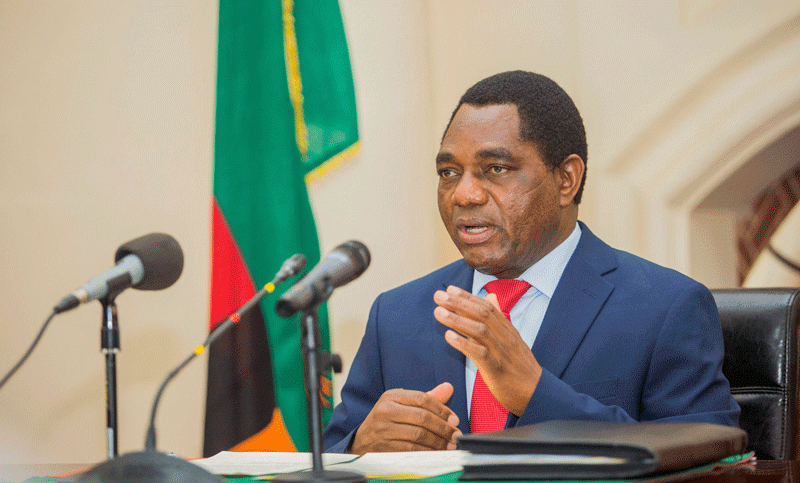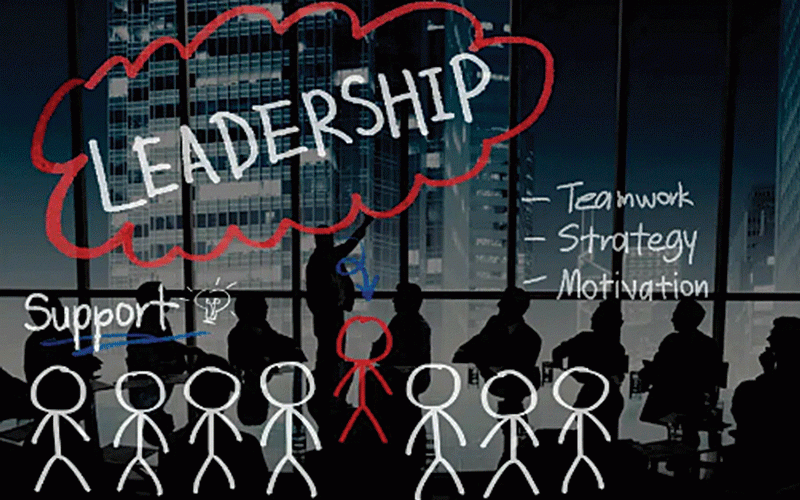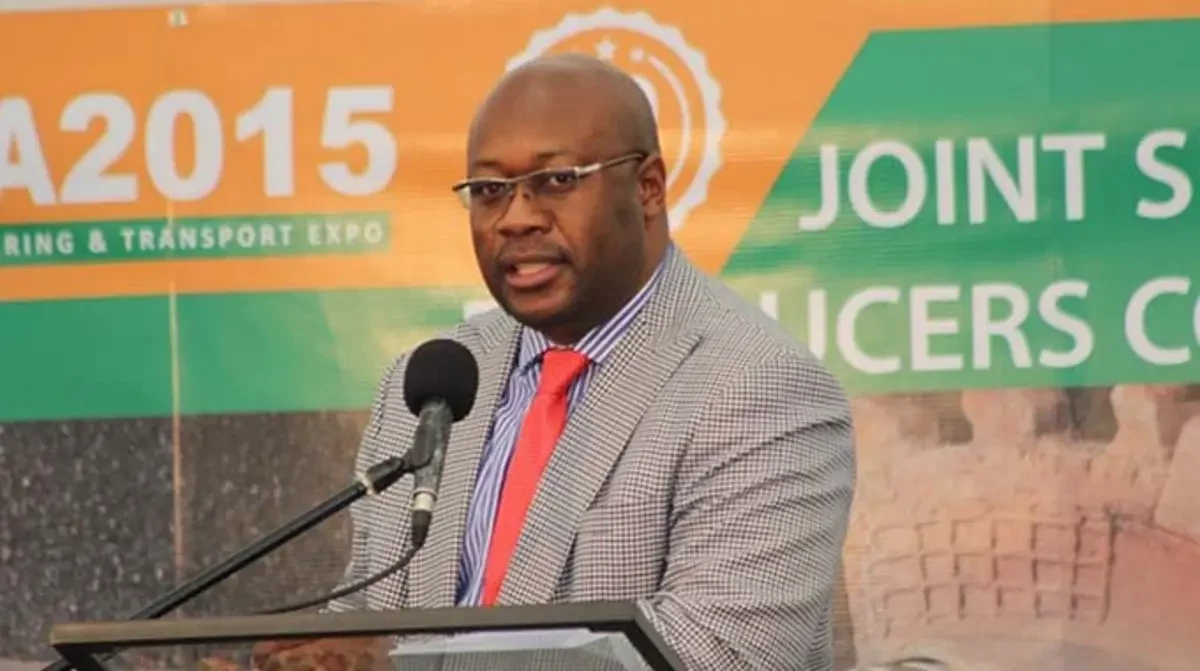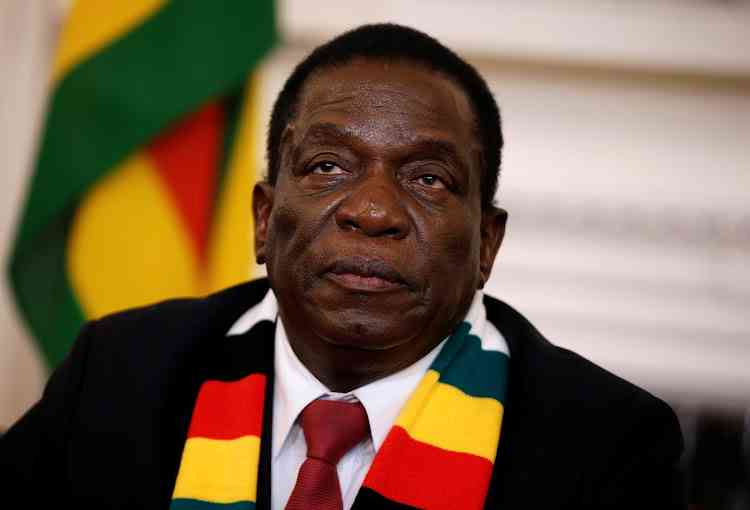
So, when you hear that the Zambian kwacha is now among the best currencies in the world — miraculously better than the rand and pula in the region—you get bonded on one issue. Leadership.
Those that have lived long enough will remember how, in the late eighties and nineties, Zimbabweans used to raise jeers and sneers about the kwacha being a worthless currency. Their xenophobic derision of things Zambian went beyond that.
They laughed at how pot-holed Zambia was. They were acutely creative with their jest, joking that anyone seen driving straight on Zambian roads was guilty of drunken driving. Bad and crude as it is, xenophobia wasn’t invented by the South Africans. Though way milder than what Dudula represents, Zimbabweans had a poor regard for Zambians — just as in the case of Mozambicans and Malawians who had migrated to Zimbabwe to do mostly menial jobs that the locals detested. They treated them as second class citizens, if citizens at all.
But, as the cliché goes, tables have turned. It’s Zimbabweans who are now flocking to Zambia to do menial jobs. To get trinkets to sell. To look for life that the Zimbabwean leadership is now incapable of giving them.
The kwacha is way up the ladder now. At a strung Zimbabwe will be unable to breach for as long as we remain cursed with the kind of leadership that we have today, have had yesterday and may have tomorrow and the day after.
You need to give it to Hakainde Hichilema and his team of leaders in Zambia. Fine, not everyone likes or agrees with HH. But he has managed to do what whole generations of Zambian leaders have failed to do. That’s not making the kwacha a shining example, by the way. That’s having the country at heart. Craving to do what is right for Zambia. Doing the right politics.
There is an irony here. Kenneth Kaunda, the founding father of Zambian nationalism and nationhood, had good intentions. Give him a nod for that. But he got his politics wrong even as he wanted Zambia to tread the right path. He got his policies wrong and that made him a bad leader. That’s why Zambians celebrated when Fredrick Chiluba took over. But then, as the cynics said at that time, while it took KK 27 years to destroy Zambia, it took Chiluba only seven weeks, with a bigger sense of impact, so to say.
Chiluba was hailed as a saviour when they voted him in. But he quickly turned devil when he became the typical African leader. He started seeing more dollar signs than the list of lofty promises he had given to the people of Zambia.
- Migrants repel Operation Dudula
- Tough times ahead for Zim migrants in South Africa
- Do our leaders draw lessons from global emergencies?
- Dudula: Deep-seated frustration meets prejudice, weak leadership
Keep Reading
And that’s the point. Leadership. While several other factors can be used to explain the miraculous resurgence of the Zambian currency, you can’t quarrel with the fact that, so far, HH has largely done the right things for his country. Mostly, he is not tainted by the culture of greed that you see almost everywhere you look here in Zimbabwe, southern Africa and Africa. Well, they said lots of things about how HH became rich in the run-up to the Zambian elections last year, but, even if he truly threw government tenders for self-enrichment back then, you are not seeing anything about that since he took over from Edgar Lungu.
And the problem of bad leadership is what we have here in Zimbabwe. That’s why the Zimbabwean dollar has become a laughing stock, together with the bearers who must be paid on demand. Forget that crap when the late Robert Mugabe used to boast that no-one could find even a needle on his name. We know what he was doing towards the end. Mansions in Dubai, bags of American dollars at his rural home, millions in foreign trip quid for his wife and children and 15 or so farms to his name upon death.
The manner in which Mugabe had degenerated in leadership made most of us fodder for the propagandists who finally replaced him. They knew how the majority of Zimbabweans felt about Mugabe and, pretending that they had never been part of Mugabeism, started telling us all the tall things about good leadership and the good life for Zimbabweans.
Some of us were prepared to forgive them for their past deeds and, in equal measure, give the future a chance. That was naiveté of historical measure, of course. Like Chiluba and lots more others across the continent, their priorities are elsewhere.
It’s not—and has never been—about the people. It’s about themselves, their wives side chicks, cronies, children and kinsmen. That’s why, literally every day, you get stories about how this or the other one has grabbed this or that. They arrived the day they took over from Mugabe. Continued from Mugabe, rather.
It’s all about power and money. Probably the only reasons why just about everyone in Zimbabwe aspires for political office, all the way from municipal office to national office.
That doesn’t spare the opposition, by the way. The majority of the people who you know—even if you may not know it—is striving for political office for the wrong reasons, influence and self-service.
Right now, there is so much appetite for change in the current leadership because of its monumental failures. That makes it attractive to support the opposition because it offers an alternative to the status quo. But, to be honest, even those in the opposition need to change their attitude towards political power.
Without a change in leadership culture, we will remain forever doomed.
Frankly speaking, all the ducks in the row for Zimbabwe, as in the rest of Africa. All that’s needed is salvation from bad leadership, and boom!
- Tawanda Majoni writes in his personal capacity and can be contacted on [email protected]










